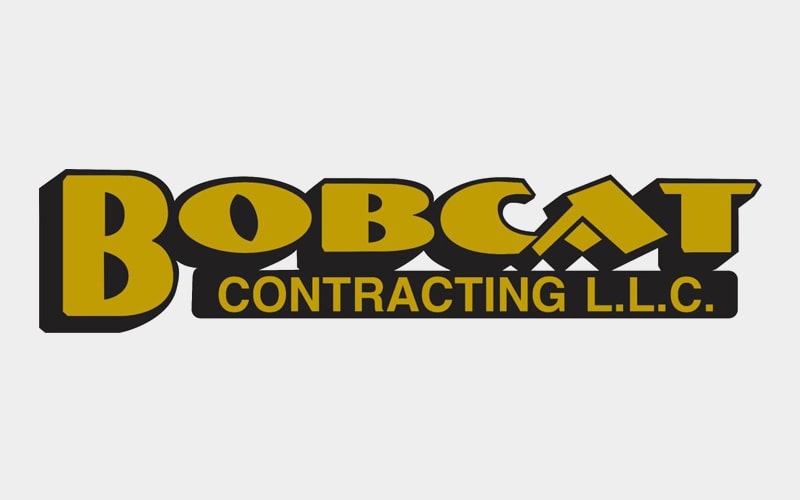
More and more companies in the oil and gas industry are switching over to computer-controlled SCADA systems, and Bobcat Contracting can help make it happen. As one of Texas’s top electrical and instrumentation companies focused on the energy industry, we can help you move from old-style pneumatic systems to a fully modern SCADA setup – bringing you greater control, higher reliability, and lower costs.
What Is SCADA?
SCADA stands for Supervisory Control and Data Acquisition. SCADA refers to a computer system which allows high-level control and oversight of industrial and manufacturing processes via computer networks and easy-to-use graphical interfaces.
In most cases, this is paired with operation systems that replace manual on-the-spot control with computerized systems which can be controlled remotely. SCADA systems can often be set up to function automatically, with little operator intervention required as long as everything is running smoothly.
In short, a well-implemented SCADA system can revolutionize how your operations are supervised and controlled, leading to much better operations and higher profits.
How Is A SCADA System Implemented?
There’s no such thing as a “standardized” SCADA implementation. Each one must be custom-tailored to the needs of the client, to ensure it can accurately continue the existing work. This means hiring electrical and instrumentation companies to first simply oversee and document standard processes at every level, then working to create a system which can handle those processes.
The system generally contains most or all of the following components:
- Monitors and sensors: At the “ground level” each individual piece of machinery needs sensors installed, monitoring behaviors such as flow and temperature and watching for discrepancies which suggest problems.
- Remote Terminal Units (RTUs): Basic computers handling low-level operations and making extremely basic operational choices. (i.e., “If a hopper is not full, do X. If hopper is full, do Y.”)
- Programmable Logic Controllers (PLCs): These are more complicated computers which can take information from RTUs and initiate more complicated tasks, these controllers handle most day-to-day regular tasks.
- Supervisory Computers: These watch information from the RTUs and PLCs, monitoring the process at a high level. These are the computers humans will be monitoring and making changes through.
Can SCADA Systems Improve My Oil Or Gas Operation?
Almost certainly! A SCADA implementation from experienced electrical and instrumentation companies like Bobcat Contracting can greatly decrease your operating costs while improving reliability. Contact us today to learn more.
